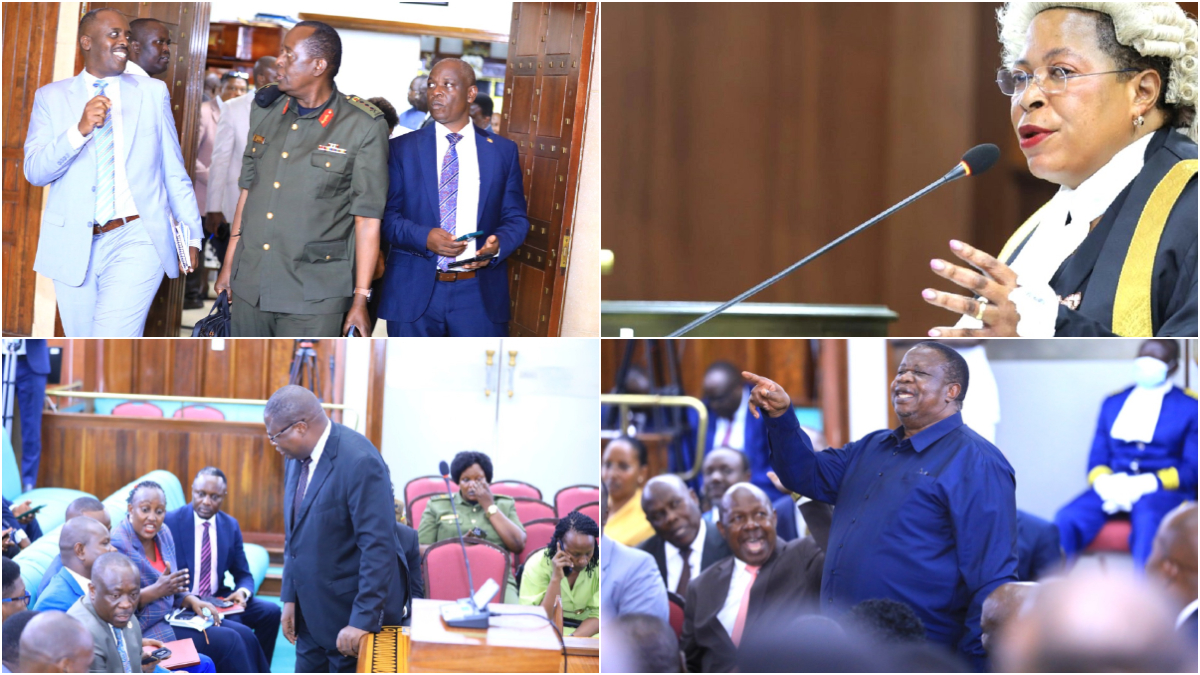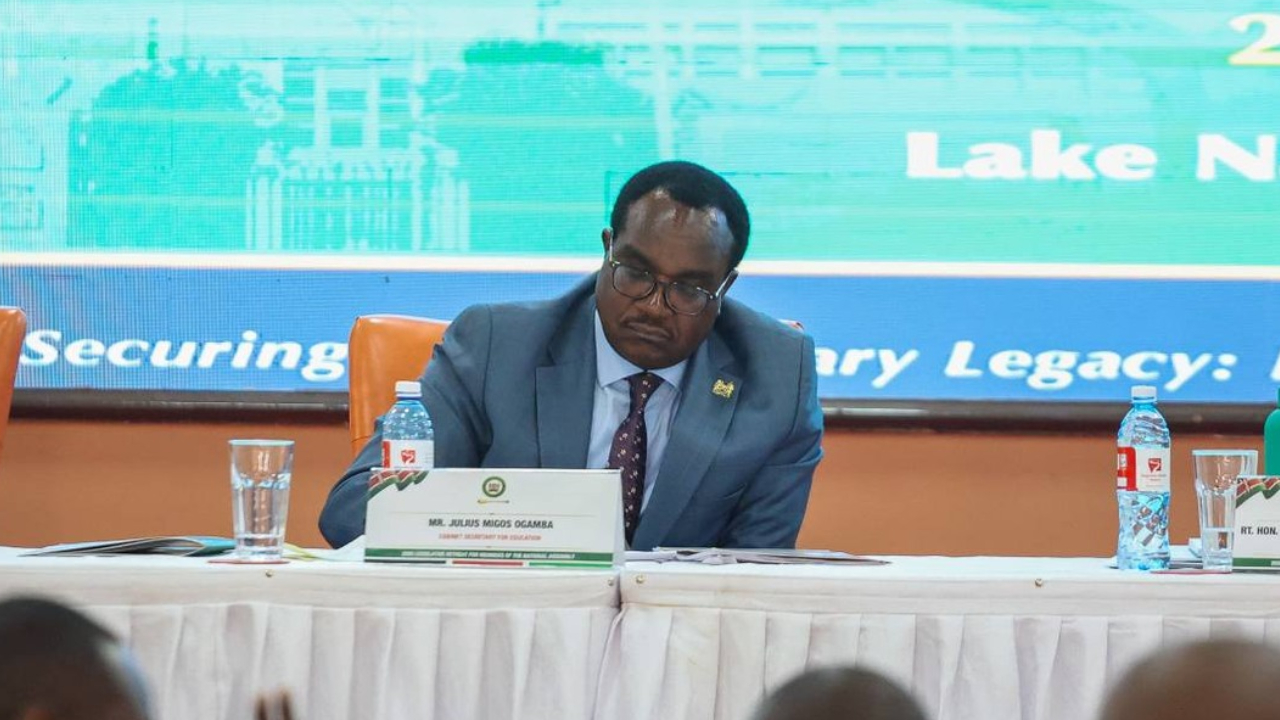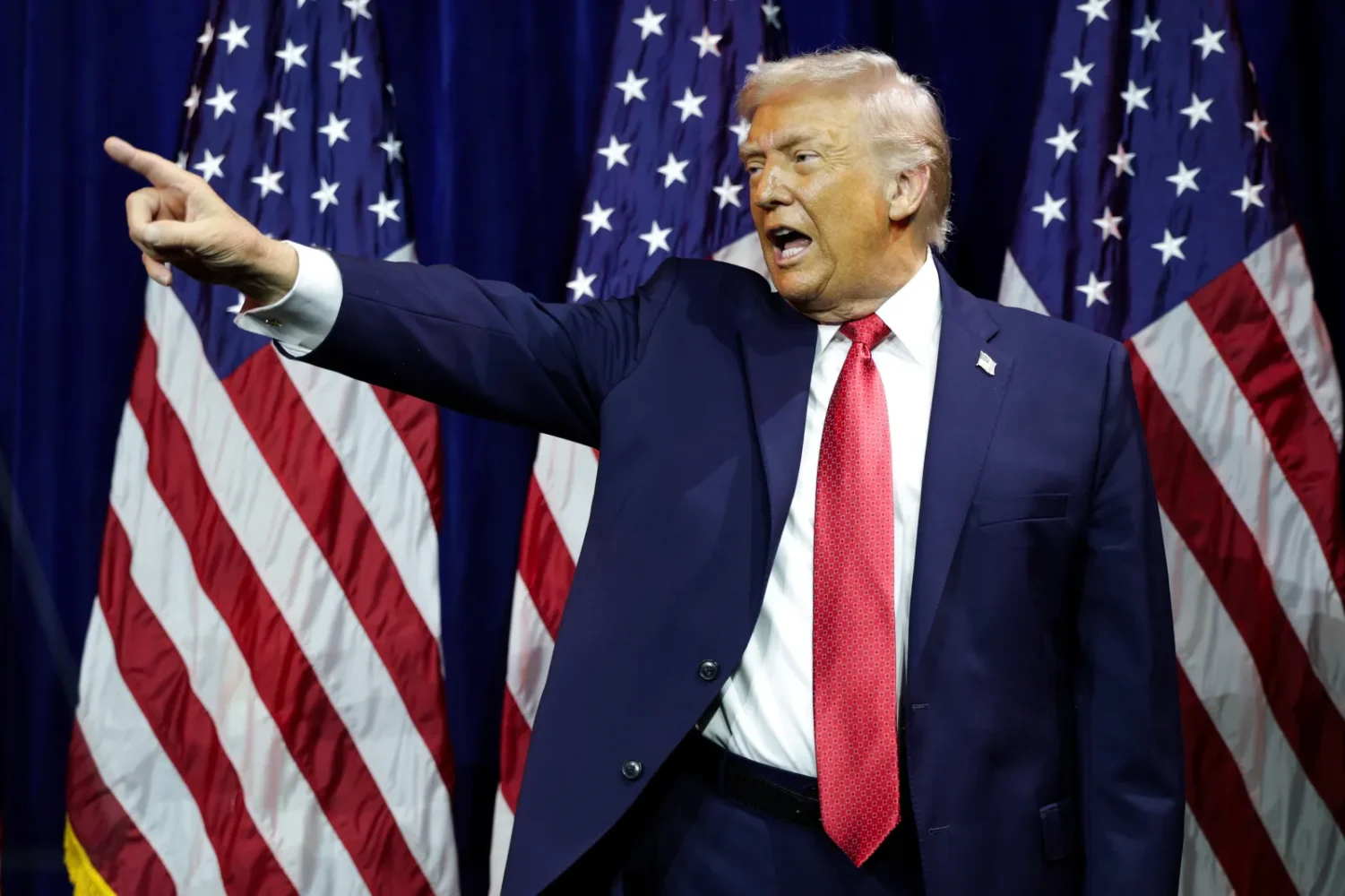In a move drawing fierce criticism from human rights advocates and opposition leaders, Uganda’s Parliament on Tuesday, May 20 afternoon passed a controversial amendment allowing military courts to try civilians, despite a Supreme Court ruling earlier this year banning the practice.
The bill, passed by government-aligned lawmakers, now awaits President Yoweri Museveni’s assent to become law. Critics say it is a clear violation of constitutional limits and a backslide on judicial independence.
“This law is shallow, unreasonable and unconstitutional,” declared opposition Member of Parliament Jonathan Odur during a heated debate. “There’s no legal basis to provide for trial of civilians in the military court.”
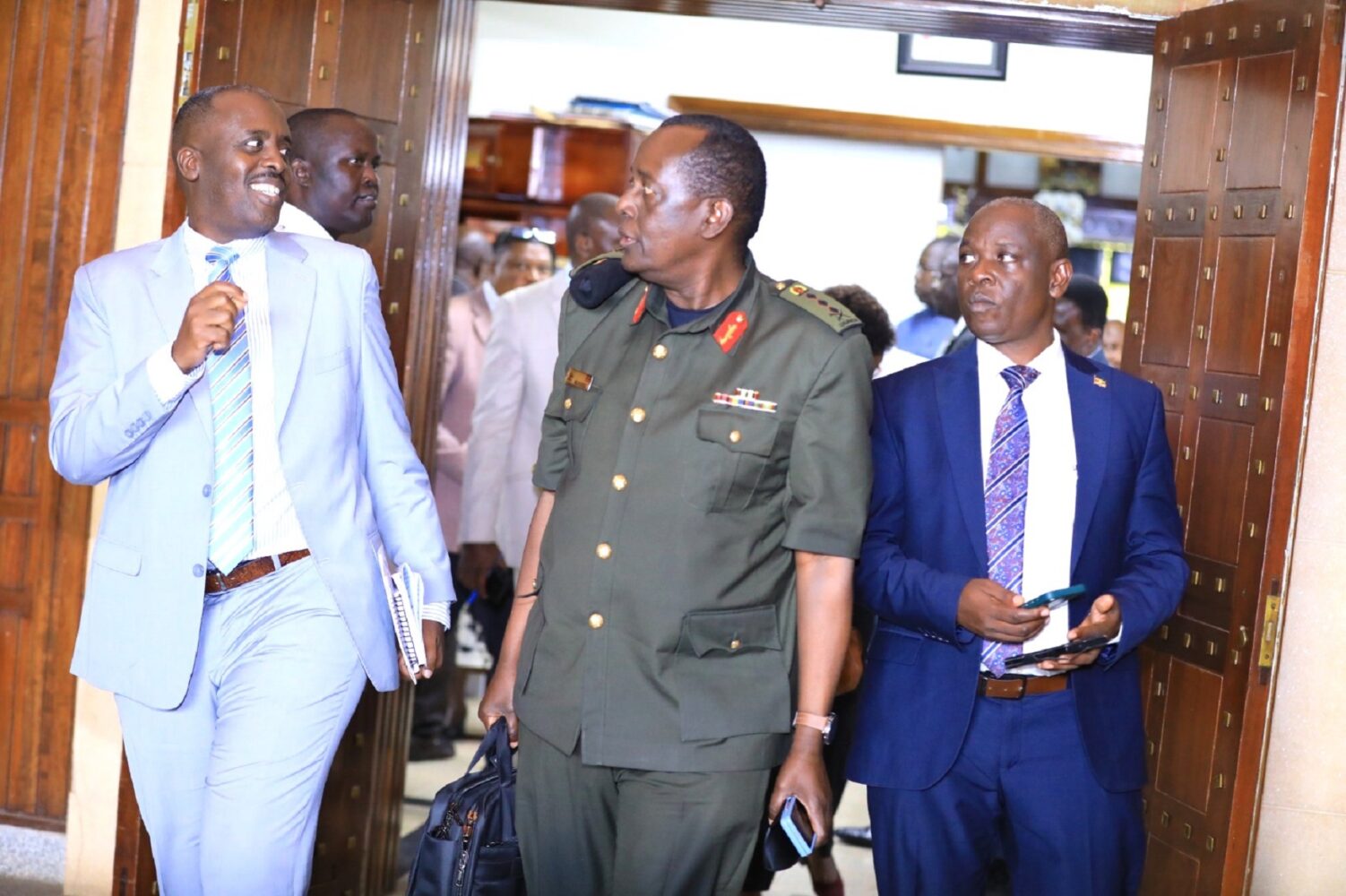
Uganda’s Supreme Court ruled in January that military tribunals lack the competence to try civilians, deeming them unfair and partial. The landmark decision led to the transfer of high-profile opposition figure Kizza Besigye’s case—originally before a military court—back to the civilian justice system.
Despite the ruling, military leadership and ruling party lawmakers moved forward with the amendment, framing it as a national security measure. Muhoozi Kainerugaba, Uganda’s military chief and President Museveni’s son, celebrated the vote on social media.
“Today, you proved you are fearless patriots! Uganda will remember your courage and commitment,” Kainerugaba posted on X.
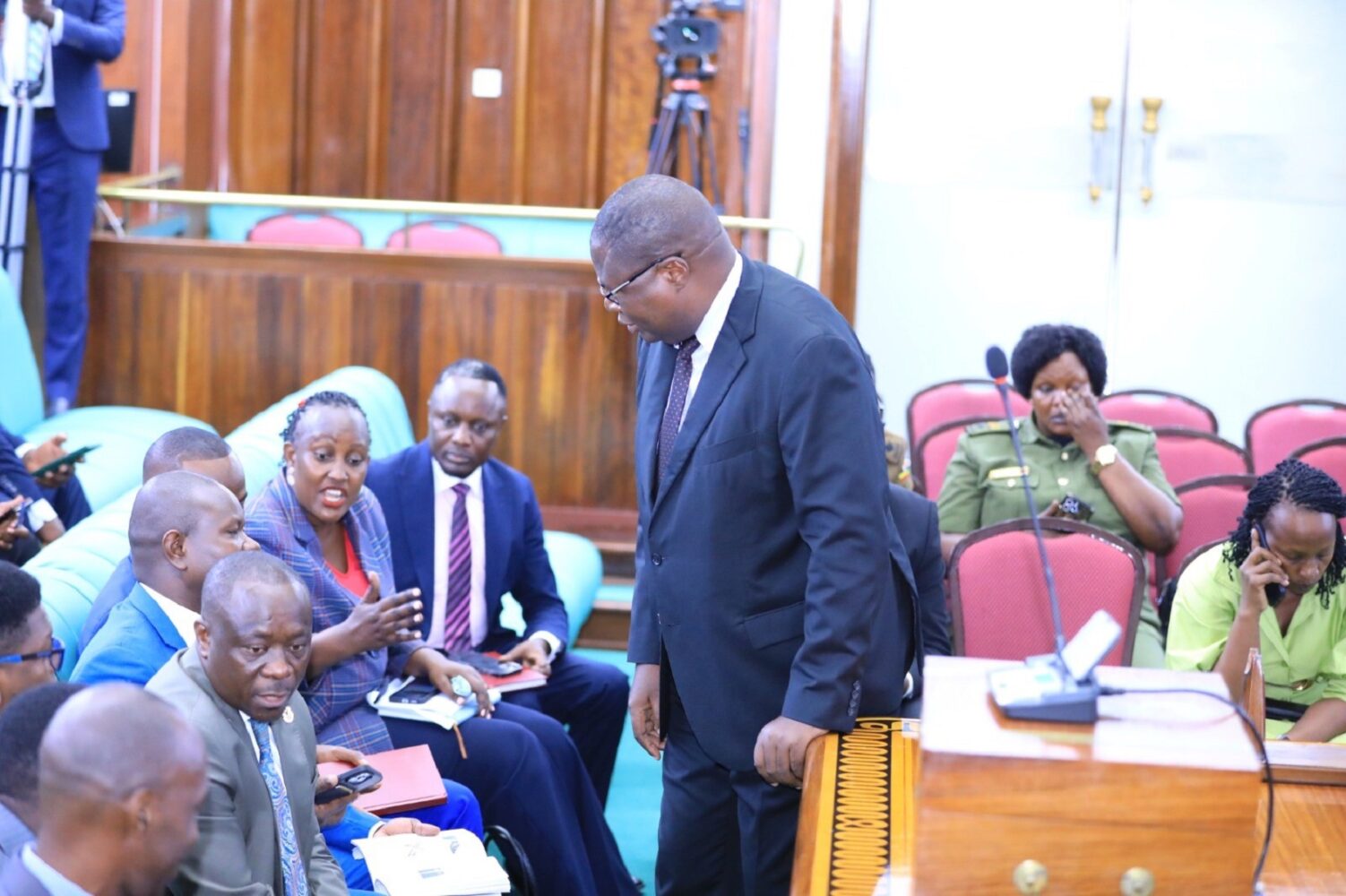
Military spokesperson Chris Magezi defended the amendment, claiming it would “deal decisively with armed violent criminals, deter the formation of militant political groups that seek to subvert democratic processes and ensure national security is bound on a firm foundational base.”
However, the opposition and international rights organizations warn the law opens the door to repression.
Human Rights Watch has long criticised Uganda’s military courts, saying they fall short of international standards for impartiality, often rely on evidence obtained through torture, and are used to muzzle political dissent.
Both Besigye and fellow opposition leader Bobi Wine—who was arrested in 2018 and briefly charged in a military court—have been entangled in legal battles widely seen as politically motivated.
Besigye’s party, the People’s Front for Freedom (PFF), condemned the bill, stating it signals “the militarisation of justice and erosion of constitutional order.”
President Museveni, who has ruled Uganda since 1986, now holds the pen that will determine whether the controversial law becomes official. If he signs it, critics say it will mark a grave step backward for Uganda’s democracy.


